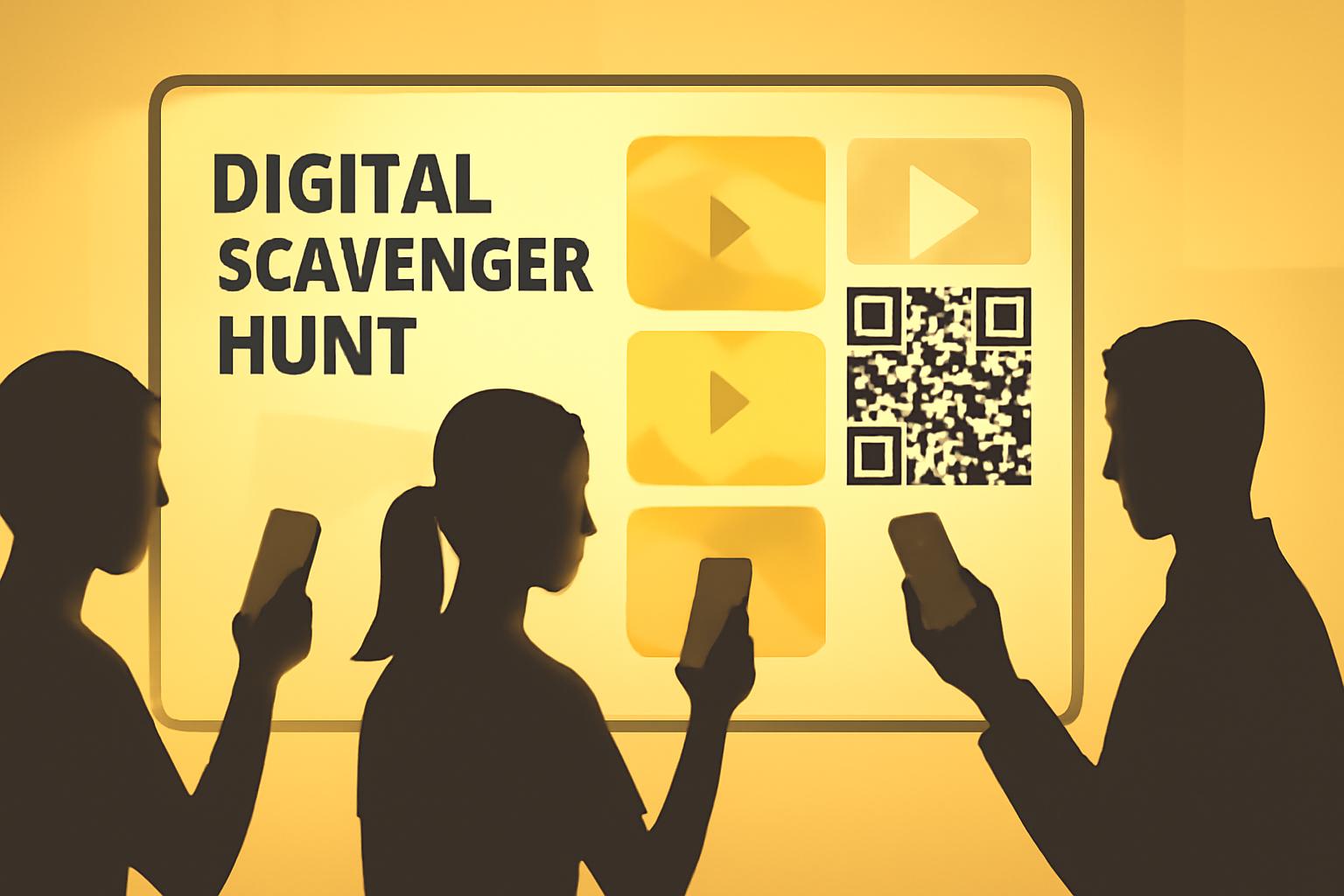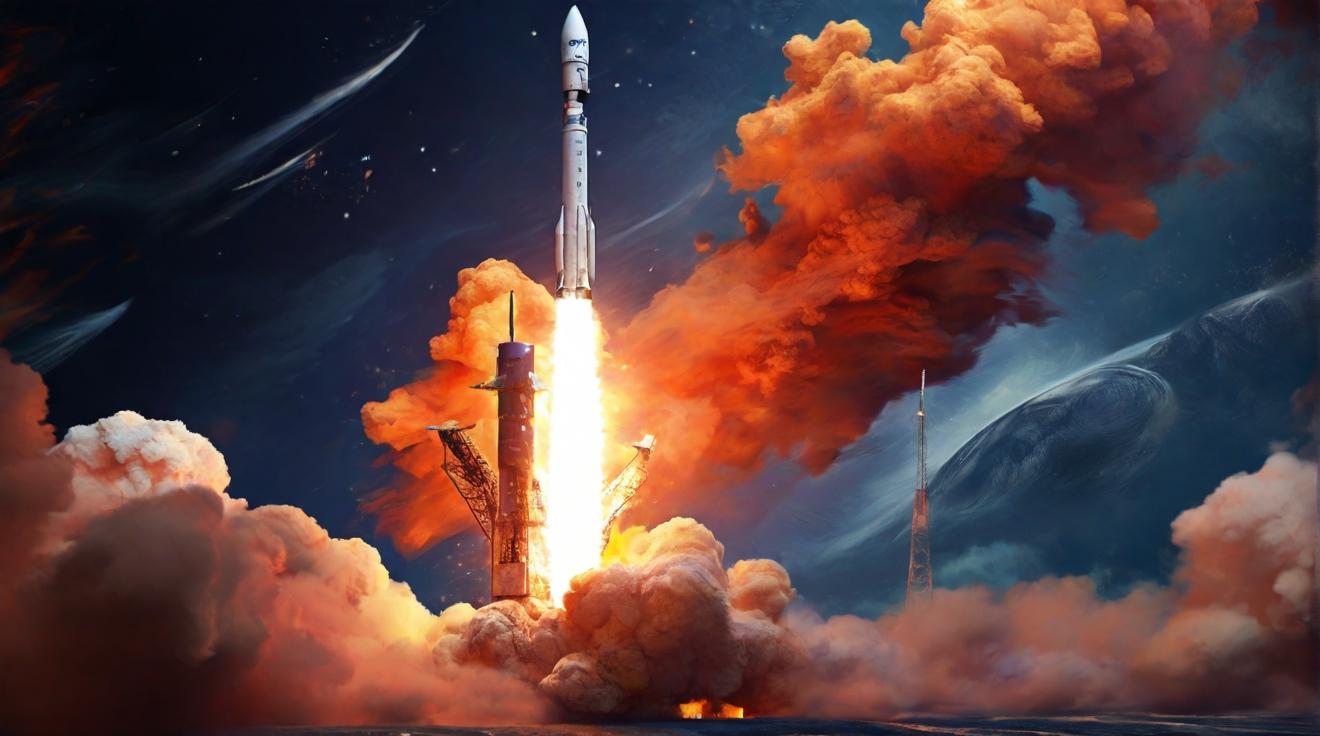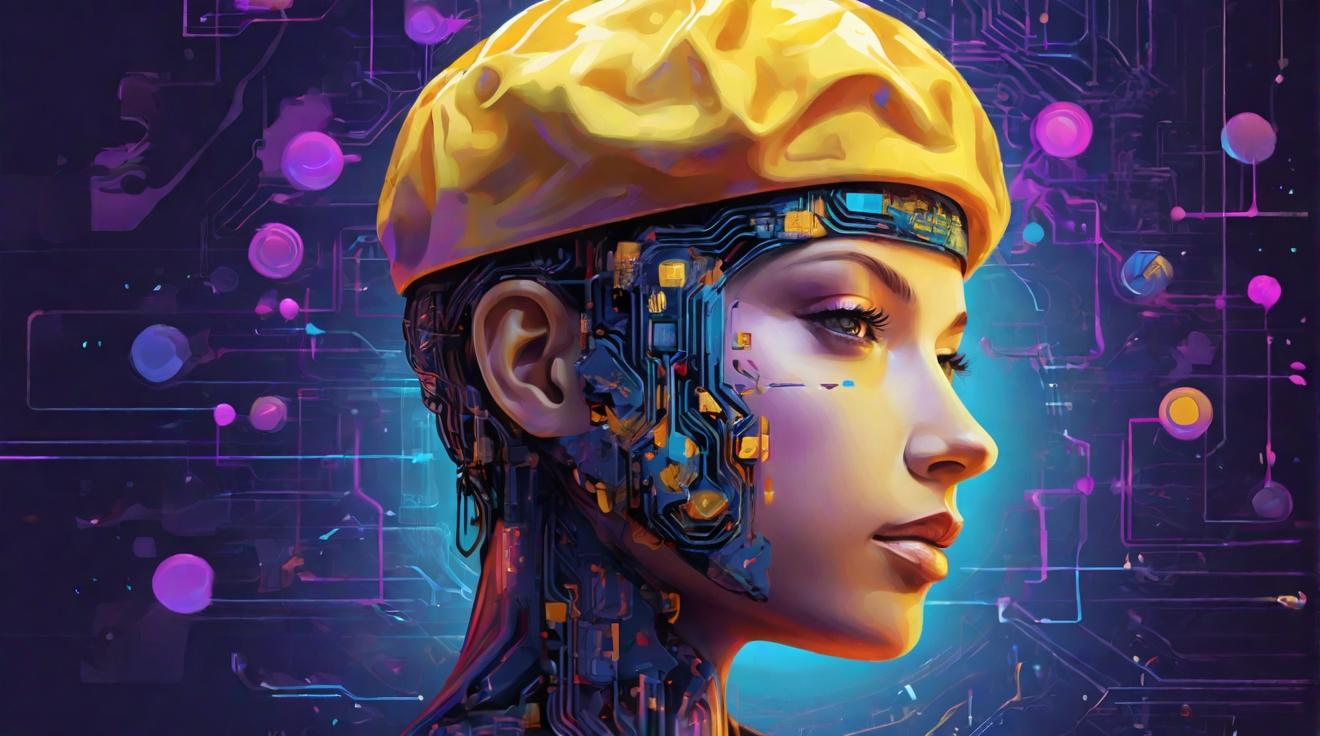Taylor Swift Launches Interactive Google Scavenger Hunt
In celebration of her twelfth studio album,
The Life of a Showgirl, Taylor Swift engaged fans with a complex online scavenger hunt launched this past weekend. The campaign began by prompting fans to search “Taylor Swift” on Google, revealing a cryptic message: “12 cities, 12 doors, 1 video to unlock.” Fans were then tasked with locating physical doors in twelve different cities, scanning QR codes to access unique videos containing clues critical to solving the puzzle. Upon correctly solving the clues, an additional digital “orange door” appeared in Google search results. This door required collective interaction—fans needed to click it 12 million times to “open” it, ultimately revealing a lyric video for the album track “The Fate of Ophelia,” which was exclusively released on YouTube.
Fan Reactions and AI Concerns
While Swift’s fanbase, known as Swifties, generally embraces puzzles and interactive experiences, some expressed unease regarding the nature of the twelve clue-containing videos. Observers noted that several clips appeared to be computer-generated or AI-produced, sparking debate and skepticism among fans about the authenticity of the content. Despite the suspicions, there has been no official confirmation whether artificial intelligence was used in the creation of these videos or to what extent. Fans turned into amateur detectives, scrutinizing the visuals for signs of synthetic generation rather than solely focusing on the intended clues.
Potential Use of Google’s AI Technology
Given Google’s involvement in the scavenger hunt, it is plausible the videos were produced using Google’s own AI tools. This collaboration could serve as a high-profile showcase for Google’s Veo 3 video generation model, especially as competitors like OpenAI promote their latest video generation technologies such as Sora 2. TechCrunch reached out to Google for comment on the production methods behind the videos and any AI integration but received no response. Historically, Swift and Google have partnered on innovative promotional campaigns, suggesting a coordinated effort for this activation.
Broader Context: AI and Artistic Integrity
The use of AI in creative works remains a contentious topic within the artistic community. While some artists embrace AI as a tool to enhance creativity and reduce costs, others criticize the technology for being trained on existing works without consent, potentially undermining artists’ intellectual property and livelihoods. Taylor Swift herself has voiced concerns about AI-related misinformation. Notably, she publicly condemned an AI-generated image falsely depicting her endorsing Donald Trump during the 2024 election cycle, emphasizing the risks of misinformation and the importance of transparency regarding her actual political views.
“Recently I was made aware that AI of ‘me’ falsely endorsing Donald Trump’s presidential run was posted to his site. It really conjured up my fears around AI, and the dangers of spreading misinformation.” – Taylor Swift, Instagram
Given Swift’s status as a billionaire musician with vast resources, the speculation about AI use in her promotional videos raises interesting questions about the role of technology in high-budget artistic productions.
FinOracleAI — Market View
Taylor Swift’s innovative use of digital platforms to promote her latest album illustrates a growing trend of integrating technology and entertainment. The possible use of AI-generated content in this campaign, whether confirmed or not, highlights both opportunities and challenges for artists and marketers navigating this evolving landscape.
- Opportunities: AI can enable cost-effective, scalable, and immersive promotional content, enhancing fan engagement through interactive and personalized experiences.
- Risks: Uncertainty about AI’s role can lead to fan backlash, mistrust, and ethical concerns, especially regarding authenticity and intellectual property rights.
- High-profile collaborations between artists and tech companies will likely accelerate AI adoption but require transparency to maintain fan loyalty.
- Artists’ concerns about AI misuse and misinformation underscore the need for clear guidelines and responsible AI integration in creative industries.
Impact: This case exemplifies the delicate balance between innovation and authenticity in entertainment marketing. While AI offers novel creative tools, transparency and respect for artistic integrity remain crucial to preserving audience trust and industry credibility.













